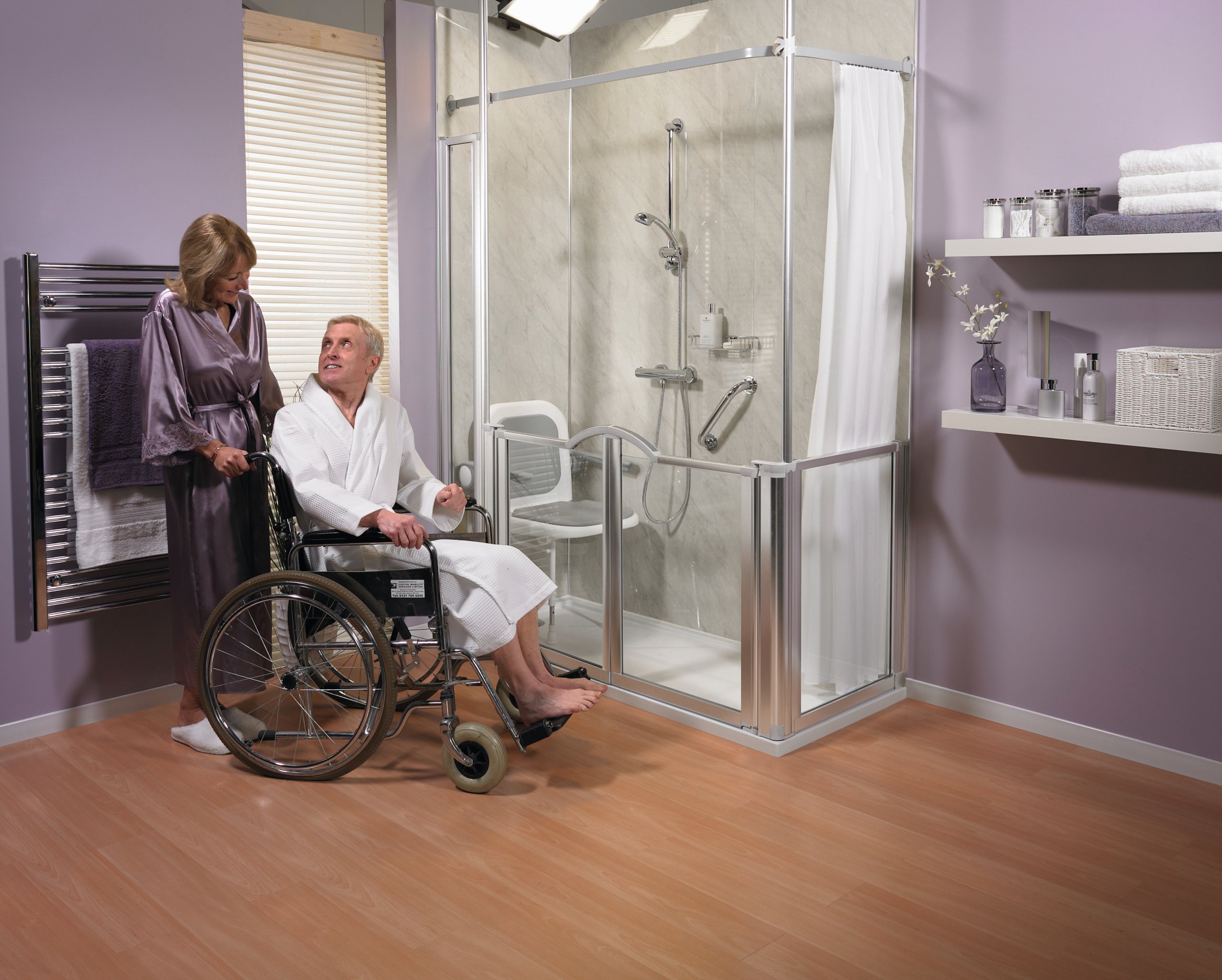Importance of hygiene care for the elderly

Maintaining a good level of hygiene is important for all of us, at any age. It ties into health issues ranging from infections to discomfort. But it also affects the way we feel about ourselves, and other people’s perceptions of us.
Throughout our lives, we’re told about the importance of hygiene. Regular handwashing is just one example. Especially considering infections such as colds and other contagious illnesses. A simple approach to thoroughly and frequently washing our hands can help safeguard us here. Washing other parts of our body is important too.
The issue is, as we age the things, we used to take for granted, such as effectively washing our bodies, can be difficult. To complicate the picture further, washing is habitually seen as private. Asking for help or even talking about difficulties faced can be daunting.
Remaining dignified
If you are trying to help someone bathe, or looking to your future, it’s worth remembering the emotional toll it may take. It can feel like a loss of dignity to ask for help with bathing. At the same time, there may be real fears around safety aspects, such as slipping or tripping in the bathroom.
Understanding the concerns and the issues will allow you, or the person you’re helping, to retain their dignity. It is an emotive issue, and it requires patience and compassion. Similarly, the hurdles to maintaining good personal hygiene may come down to our mental state. If someone has dementia, for example, steps may be needed to both improve the safety in the bathroom and to manage any fears of water.
The struggle and the importance of hygiene
It’s common for caregivers and older adults to argue over bathing. It’s hardly a surprise given the connections we’ve mentioned to dignity, and of course, self-sufficiency. That can make it a contentious subject. Before long, a struggle has emerged!
The best approach is to put the person’s needs first. Start by getting a full understanding of the issues and any worries around personal hygiene care. That requires an honest conversation and plenty of patience from all sides. That said, there are some key things to remember, which apply to any one’s situation.
- Put the person who needs help first – rather than dictating what needs to be done, provide choices, such as a bath, or a shower. Gauge reactions to bathing as you go to reduce any anxiety. And make the room feel as relaxing as possible. Playing music quietly, for example, may help.
- Think about the dignity issue – find out what the person is comfortable with. That might mean providing a towel to enable them to cover up when getting in or out of the shower for example. Some of this will come down to your conversations and sensitivity to the situation. A gentle and respectful approach will make things feel a lot less scary for everyone.
- Find out what’s truly necessary – while bathing every day isn’t necessary, washing your face, genitals and bottom area is. It’s also important to remember to brush your teeth twice a day. Clean clothes and brushed hair are other examples of things that are important for both our health and self-esteem.
Practical tips for carers
Along with being sensitive to a person’s needs and feelings, taking practical steps to minimise worries can be a useful way to encourage good personal hygiene. These will vary depending on personal circumstances, but may include:
- Signage – orientation signs to help people with dementia may be extremely useful. Along with easy-to-read labels on things within the bathroom, like shampoo. These simple steps can make important day-to-day tasks feel less daunting for anyone with memory loss.
- Feel-good tips – making bathing and cleaning routines pleasurable through the right products can help too. If you’re caring for someone else, stocking up the bathroom with soaps and body cleansers that smell good to them will help. Just avoid anything that contains oils! Slippery surfaces are an obvious no-no.
- The right lighting – a well-lit area is a must, but you can make it feel a little more relaxing by dimming the lights just a little. This will make the bathing experience feel more tranquil.
- Make it feel comfortable – as we don’t need to have a bath or shower every day, a sponge bath is a good alternative. You can wash one part of the body at a time, keeping the other bits covered to keep it comfortable and less intimidating.
Making adaptations to the home
Another way to help people with limited mobility or illnesses like dementia includes adaptations to the home. Handrails are easy to install and can help with both moving more freely around the home and confidence levels.
You can also adapt the bathroom itself. Perhaps getting in and out of the bath or shower is difficult. Or it’s painful to stand up for any length of time. Walk-in showers are a good alternative for people with limited mobility, and they have design-safe features to enable as much independence as required. Similarly, walk-in baths are easy to get in and out of which will ease anxiety around stepping into a conventional bath.
In conclusion
You may think of the importance of hygiene from a health point of view. It’s a complicated and deeply personal subject. If you are struggling to maintain a good level of personal hygiene it may be difficult to ask for help. Equally, as a caregiver, there is a danger of overstepping the mark and making someone feel anxious or uncomfortable around bathing and personal hygiene.
Talking through the issues, listening to the person who needs care, and finding practical solutions can all help to make it easier to manage. Rest assured, the help is out there, it’s just a case of knowing where to look and what steps to take.
